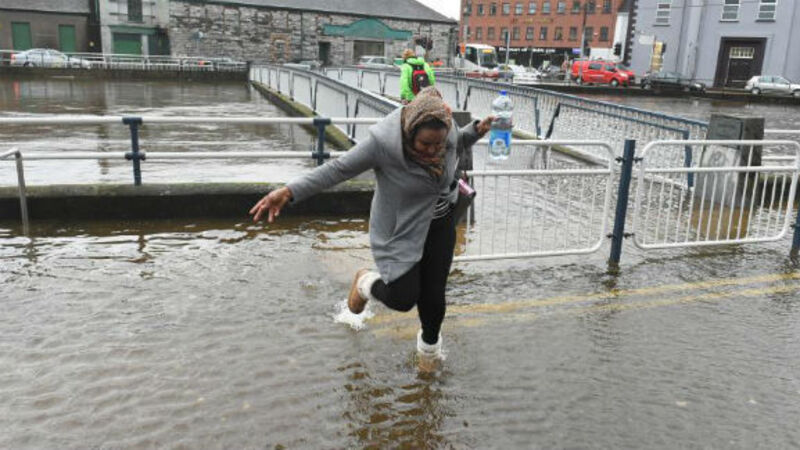Insurers urged to share flood risk data

The new approach, involving government, insurance companies, and other agencies, would provide a sustainable flood-insurance model in Ireland, as flood risk increases.
The proposed reforms were outlined at a conference in University College Cork (UCC) at the weekend. They were contained in a report by the Grantham Research Institute on Climate Change and the Environment, which is based in the London School of Economics and Political Science. The report was prepared in collaboration with UCC’s Environmental Research Institute, and funded by the Environmental Protection Agency (EPA).













